|
Alentejo |
| Portugal > Tourism > Alentejo > Borba | |
| SMALL TOWNS ALSO MAKE HISTORY |
|
Alentejo |
| Portugal > Tourism > Alentejo > Borba | |
| SMALL TOWNS ALSO MAKE HISTORY |
| Given a town charter by King Dinis, Borba is the centre of an administrative
area which is small but fiercely proud of its identity. This identity
dates back to the very foundation of Portugal as a nation-state, as
proved by the castle and city walls ordered built by King Afonso II. It is not know whether local delicacies and the famous wine produced here were responsible for the chubby king's nickname. But it is highly likely... Other reasons must have led the Order of Servas de Cristo (Servants of Christ) to build their convent here. A sign that this choice was not made in vain can be seen in the Museu dos Cristos (Christ Museum) in Vila de Lobos, where for many years one could visit one of the largest collections of depictions of Christ in Portugal. All of this can also be related to the festival held on the weekend nearest to August 15 and dedicated to Nossa Senhor Jesus dos Aflitos. But Borba is also famous for its marble which has been used in buildings all over the country and the rest of the world and which is now one of the area's most important economic resources. Visit Borba, feast your eyes on its beauty, drink a glass of white or red wine along with some local cheese or sausage, and you will certainly want to come back one day! |
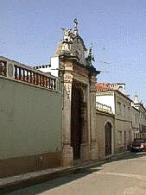 |
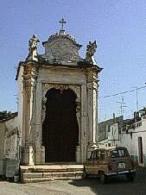 |
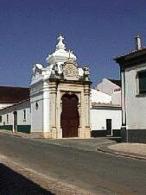 |
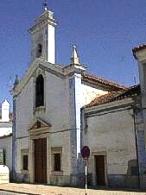 |
|||
|
Via-Crucis
|
Via-Crucis
|
Via-Crucis
|
Church of S. António
|
| PLACES OF INTEREST |
| Borba |
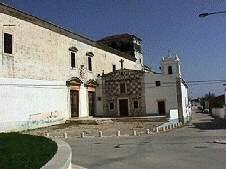 |
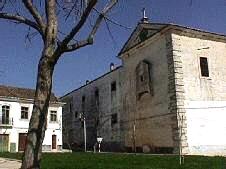 |
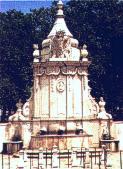 |
||
|
NS dos Aflitos Chapel
|
Church of the Convent
of Servas de Deus |
Fountain of Bicas
|
| Barro Branco Orada Rio de Moinhos |
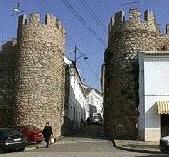 |
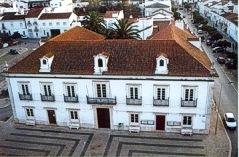 |
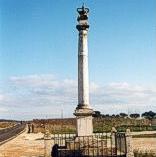 |
||
|
Castle
|
Town Hall
|
Padrão da Batalha
de Montes Claros |
| Museums and Art Galleries Borba Orada |
| Handicrafts Wickerwork, marble and wed |
| Gastronomy Wines, cheeses, sausages, golden cake and prunes in syrup. |
| Leisure Angling. Hunting. Shooting. Visits to antique dealers. |
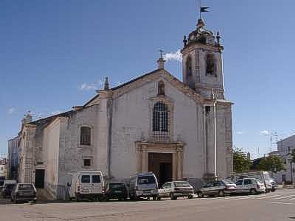 |
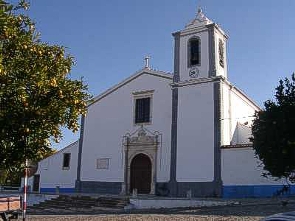 |
|
|
Church of S. Bartolomeu
(17th century)
Picture courtesy of Borba's churches website |
Church of Nossa Senhora das
Neves (15th century)
Picture courtesy of Borba's churches website |
| Fairs Festivals and Pilgrimages Borba Orada Rio de Moinhos |
| Links |
| ACCOMODATION |
Monte da Fornalha, with its large Alentejana chimneys, nestles between the city of Estremoz and Borba. Monte da Fornalha was the rural house of the local Blacksmith, and has been restored and transformed from a state of ruin into a beautiful Guesthouse, with modern comforts, where you may enjoy precious moments all year round. |
|
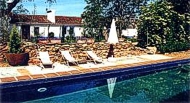 |
| Portugal > Tourism > Alentejo > Borba | |
|
Borba |